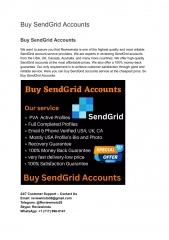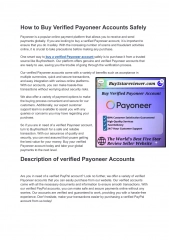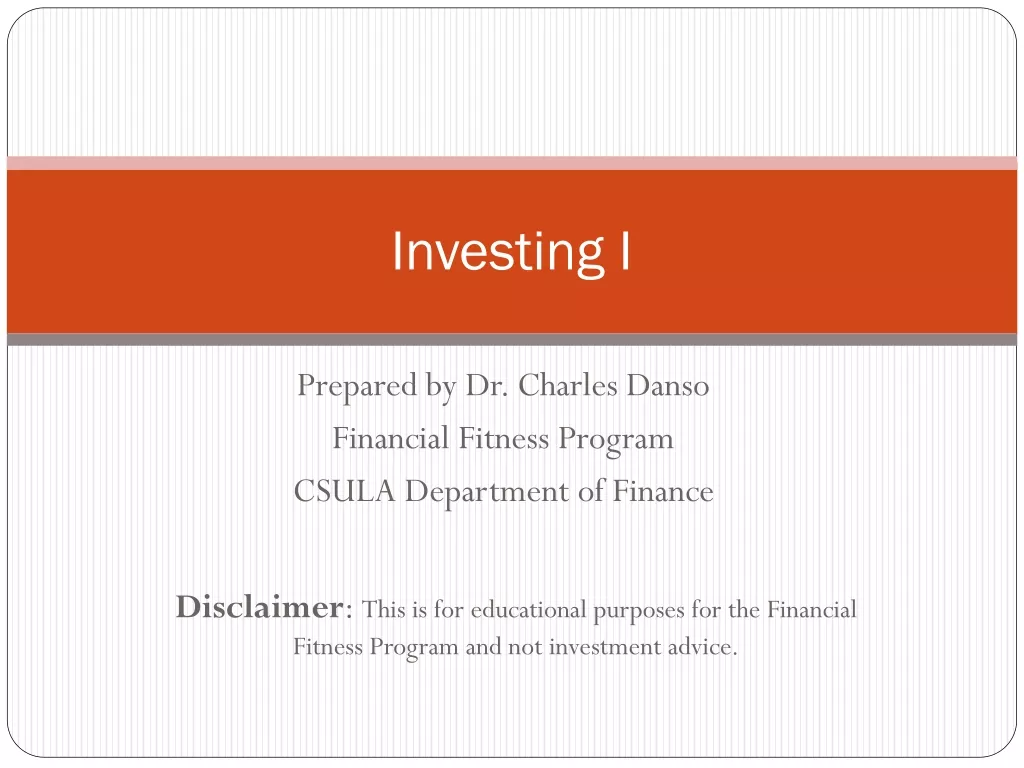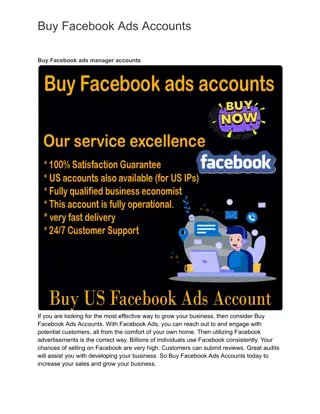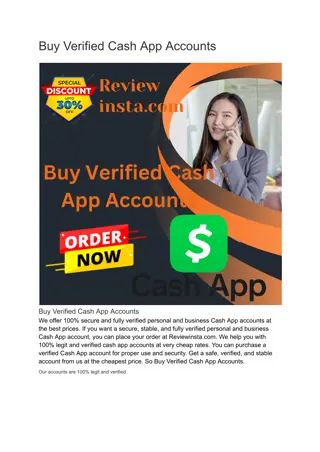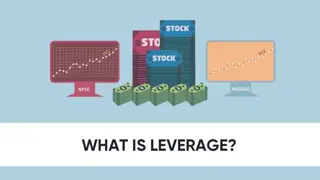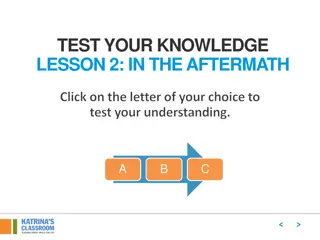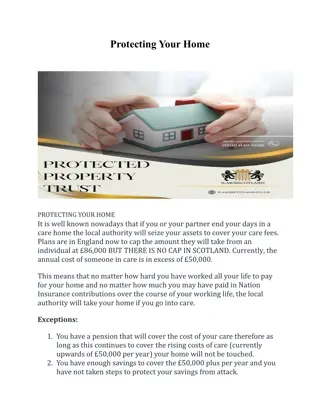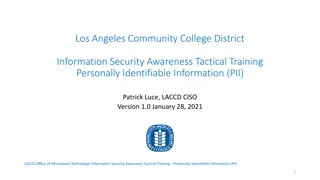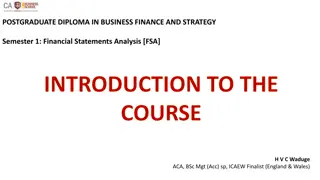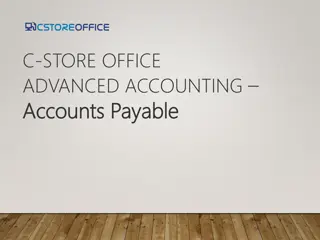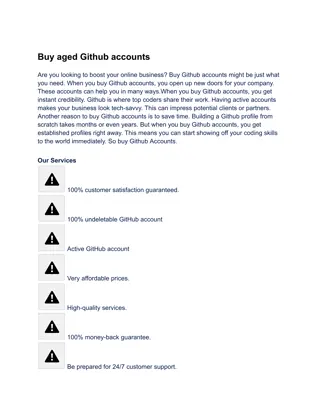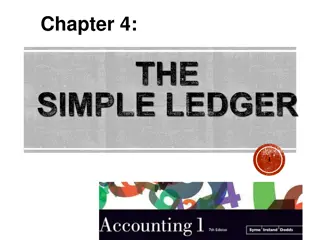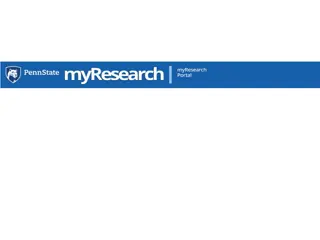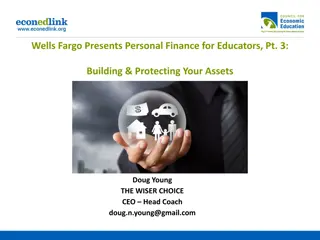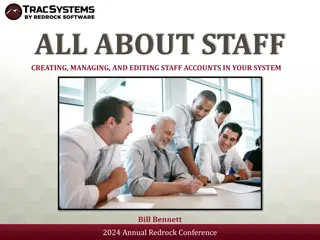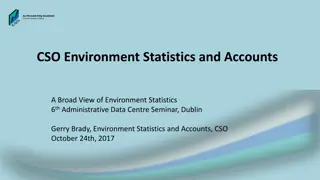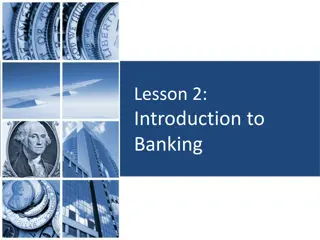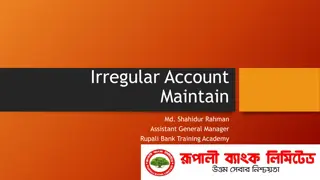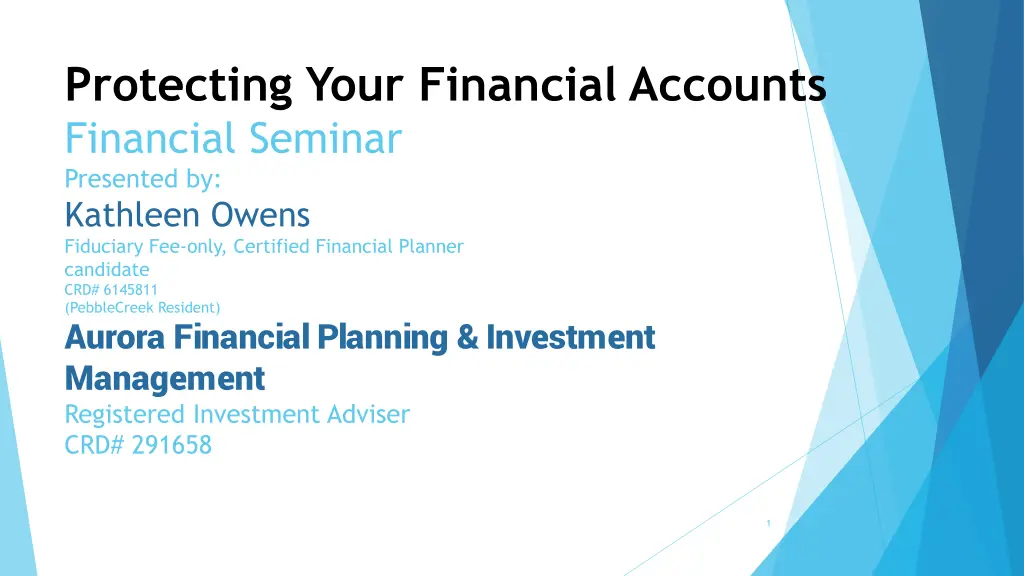
Protecting Your Financial Accounts Seminar Insights
Learn crucial tips from Kathleen Owens, a fee-only fiduciary and Certified Financial Planner, on safeguarding your financial accounts. Discover the risks of using banking apps on your smartphone, the safety differences between credit and debit cards, and recommendations for secure financial transactions. Understand the importance of safe payment methods like Apple Pay and Google Pay to protect your money from unauthorized access and fraud.
Download Presentation

Please find below an Image/Link to download the presentation.
The content on the website is provided AS IS for your information and personal use only. It may not be sold, licensed, or shared on other websites without obtaining consent from the author. If you encounter any issues during the download, it is possible that the publisher has removed the file from their server.
You are allowed to download the files provided on this website for personal or commercial use, subject to the condition that they are used lawfully. All files are the property of their respective owners.
The content on the website is provided AS IS for your information and personal use only. It may not be sold, licensed, or shared on other websites without obtaining consent from the author.
E N D
Presentation Transcript
Protecting Your Financial Accounts Financial Seminar Presented by: Kathleen Owens Fiduciary Fee-only, Certified Financial Planner candidate CRD# 6145811 (PebbleCreek Resident) Aurora Financial Planning & Investment Management Registered Investment Adviser CRD# 291658 1
#1 Let's talk about your smart phone 2
Banking apps on your smart phone It s direct access to your money! Mobile Phones are an attractive target for hackers due to their heavy usage and the amount of information they carry. Despite security measures, mobile banking apps can still have vulnerabilities that hackers can exploit, especially if users don't practice safe habits like using strong passwords and avoiding public Wi-Fi. 3
Recommendations Don t install and use any banking or investment account apps on your phone Do not use your phone for financial transactions. Do banking at home on your home computer with secure Wi-Fi. Another risk with having banking & investment account apps on your phone: what if your phone is lost or stolen? Thieves could potentially access your banking apps on a stolen phone and make unauthorized transactions. The less vital information you have on your phone, the safer you will be. 4
Recommendations, continued: Safe payment method One Exception is: Apple Pay. This payment method can be linked to your credit card; thus, you can easily dispute a fraudulent credit card charge. Another exception of Android users is Google Pay. It substitutes actual card numbers with virtual ones for security. Don t link a debit card to Apple Pay. Once a hacker gets access to your bank or investment account, and transfers money out, there is little you can do to recover your money. Banks are sometimes not very cooperative about recovering or restoring your money to your account. In my opinion, the convenience of banking apps are not worth the risk. 5
#2 Safety of Credit Cards versus Debit Cards 6
Credit Cards versus Debit Cards Credit card payments have more protection than debit cards. You can easily dispute an incorrect or fraudulent credit card charge, with a debit card not so much. Debit card have less protection than credit cards. With a debit card you will be liable for $50 or up to $500 depending on how fast you can report the fraud: Two days to report fraud for $50 liability. Within 60 days for liability to be limited to (usually) $500. Bonus reason to use credit cards: You can earn cash back, or points with credit cards. This is not offered on debit cards. Also, you have more time to pay your credit card charges. With a debit card, the money is taken from your account when you make the purchase. 7
#3 Know your adviser 8
Knowing your financial adviser is important, and more importantly, do they know you? If you use the services of a financial advisor, do they, and their staff really know you? It is very important, and another layer of protection for your accounts, that your adviser and their staff know you. Large firms are targeted by hackers because these firms have hundreds of advisors and staff managing hundreds of accounts. It is difficult for these advisors and their staff to really know each one of their clients, and know their habits. Hackers impersonate clients at these firms and are able to steal millions, by wire transfer from these accounts each year. 9
Additional Protection with a Licensed Adviser Licensed financial advisers are required to be on the lookout for financial exploitation of a client. We look for suspicious activity on the client's account and any changes in the client's behavior or routine. The law (Arizona) applies to a person age 65+ The adviser may notify your trusted person you have designated on your account(s), or adult protective services and the corporation commission. 10
Example of Account Protection Gone Wrong Morgan Stanley was ordered to pay $843,000 in compensatory damages to a senior investor in Florida. M. Kessler, age 75, alleged the firm was negligent in failing to prevent financial exploitation after she lost nearly $1.75 million to fraudsters posing as government officials. Scammers convinced Kessler that her identity had been stolen and she needed to convert her assets to cash, gold and cryptocurrency that would be deposited into a U.S. Treasury account for safe keeping. Kessler alleged that Morgan Stanley should have investigated her uncharacteristic requests to withdraw the money and also that it failed to take reasonable steps to ensure she had established a trusted contact for her account as required by Finra rules. Morgan Stanley in a counterclaim said it had acted prudently given the circumstances. Kessler, who had shown no indications of cognitive impairment, made misstatements to her advisor about the purpose of the withdrawals, including saying that she was helping her daughter purchase a home. 11
#4 Your Trusted Contact 12
Designate a Trusted Contact on all of Your Investment Accounts On each of your investment accounts you should list a person you trust. This person will be contacted if suspicious activity occurs on your account. This trusted person should know you well, and know your usual behavior. A trusted person can be your spouse, an adult child, relative or a friend. It is a second line of defense of protection on your account. 13
#5 Protect your account statements 14
Safe Storage Methods: Paper Statements These statements should be stored in a locked cabinet or drawer. Make sure you update you contact information promptly to your bank, credit card accounts and investment accounts: your address, phone number and email. You don t want your statements mailed to your old address. 15
Safe Storage Methods: Digital Statement Using an external hard drive is an excellent, and secure method to store your bank and investment accounts. An external hard drive is a device that can be connected and unconnected to your home computer. Your financial adviser can help you set-up and move your digital account statements onto an external hard drive. Some advisers may offer storage options to their clients. Another method is Cloud Storage . Dropbox, Google Drive, Microsoft Drive, QuickBooks and Quicken offer cloud storage for your PDF files. Pros: Secure and convenient. Cons: Need internet connection, cost, high learning curve. Remember: banks store your account statements on your portal access for a limited time. If you need a bank statement from more than 2 years ago, it can be more difficult to get a copy of that statement from the bank. It depends on the bank, how far back your account statements will be accessible. 16
How Long Should You Keep Financial Statements? Keep records for 7 years if you file a claim for a loss from worthless securities or bad debt deduction. Keep records for 6 years if you do not report income that you should report, and it is more than 25% of the gross income shown on your return. Keep records indefinitely if you do not file a return. (source: IRS) Keeping financial account statements is VERY IMPORTANT for cost basis reporting. Cost Basis: We need to know when you purchased a security (stock, bond, of fund), and how much you paid to buy the security, so the cost basis can be calculated. It determines the amount of capital gain or loss you realize when you sell an investment, which directly impacts your tax liability: how much profit or loss you made on a security based on the price you originally paid for it, including any commissions or fees, allowing you to accurately report your gains and losses on your tax return. 17
#6 Who has access to your accounts? 18
Caregivers/Home healthcare workers, friends , relatives Background checks- a background check should be done on any home healthcare worker coming into your home. References While a reference is not a 100% guarantee that a person is trustworthy, it might prevent letting the wrong person into your home. Protect Data- Get in the habit of not leaving account statements, medical reports or other documents with your personal information lying around. Someone can quickly take a photo of your statement, or medical report which might have the full account statement number, your date of birth, or Social Security number. 19
Estimated Losses Of the $28.3 billion, known others such as family, friends, and caregivers were responsible for stealing $20.3 billion. That translates to 72% of dollars being taken by known others. While strangers were responsible for 28%, or $8 billion. (source: AARP, June 2023) 20
#7 Let s Talk about the IRS How the IRS will contact you What the IRS won t do 21
IRS Internal Revenue Service: How they will contact you We typically contact you the first time through regular U.S. mail delivered by the U.S. Postal Service. To verify the IRS sent the letter or notice, you can search for it on IRS.gov. Some letters are sent from private collection agencies. Other ways we may contact you: Email - We email you only with your permission, with a few exceptions like criminal investigations. Text message - We text you only with your permission. Phone - We might call to discuss your case, verify information or set up a meeting. Fax - We might send a fax to verify or request employment information. In-person visit - These are rare. Find out how and when IRS employees visit you or your business. We generally send a letter before we visit. 22
IRS continued What the IRS Won t do WE DON T - Contact you or take payment on social media. Get trusted tax information on our official social media accounts. Accept gift cards or prepaid debit cards as payment Threaten to call law enforcement or immigration officials Take your citizenship status, driver's license or business license Leave pre-recorded voicemails (robocalls) Mail tax debt resolution advertisements (Source: IRS.gov) 23
IRS Scams IRS scams change day by day, as scammers get more creative, and determined to steal your money. PHISHING: an unsolicited email or text message saying it from the IRS. WHAT TO DO Don't reply. Don't open any attachments. They can contain malicious code that may infect your computer or mobile phone. Don't click on any links. YOU OWE THE IRS MONEY: this is a common scam. The scammer will say they are from the IRS and you owe the IRS money. They will attempt to get your Social Security, ask for payment by gift card, bitcoin, etc. The scammer will use FEAR to get you to act. 24
There is NO Urgency With The IRS The IRS does not work quickly. If you have a legitimate dispute, On average taxpayers now can expect IRS Appeals to take about a year to resolve disputes. IRS Appeals employees will never ask for your credit card or banking information. 25
Thank you for your Time and Attention! Protecting Your Financial Accounts Financial Seminar Presented by: Kathleen Owens Fiduciary Fee-only, Certified Financial Planner candidate CRD# 6145811 (PebbleCreek Resident) Aurora Financial Planning & Investment Management Registered Investment Adviser CRD# 291658 26

